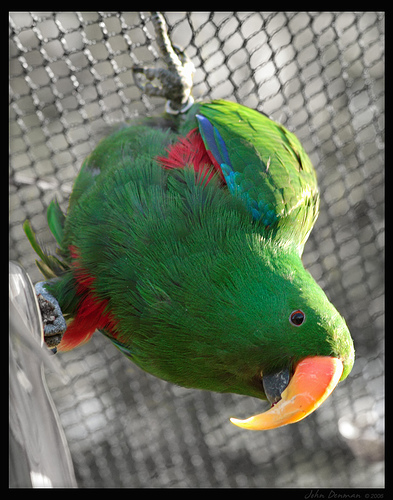Changing the vowels Posted by Ourania on Nov 25, 2015 in Pronunciation
The differences between the written and the oral speech are a source of confusion. Beginners learn that the word “and” is “και”. However, in texts written in in formal language και is often written as κι. In oral speech the vowels are can be omitted and replaced by an apostrophe. In this post we will see three cases in which this phenomenon happens. In formal writing, the changes described are not acceptable. In oral speech though they are very common.
#Case
Examples:
- Η Μαρία ζει με τα αδέρφια της. Maria lives with her brothers.
Η Μαρία ζει με τ‘ αδέρφια της.
- Θέλω μία πίτα γύρο από όλα. I want a pita giro with everything (see the photo above).
Θέλω μία πίτα γύρο απ‘ όλα.
When a word ends in a vowel (τα, από) and the following starts by a vowel (αδέρφια, όλα) the vowel of the first word is often dropped and replaced by an apostrophe (τ’ αδέρφια).
Note that the word και does not need an apostrophe. It changes to κι:
Ήρθαν ο Γιάννης και ο Κώστας. Yannis and Costas came.
Ήρθαν ο Γιάννης κι ο Κώστας.
Αργότερα ήρθαν και οι άλλοι. The others came later.
Αργότερα ήρθαν κι οι άλλοι.
#Case 2
Example:
Που είναι τα παιδιά; Where are the children?
Πού ‘ναι τα παιδιά;
When a word starts by a vowel (είναι) and the word that proceeds ends in a vowel (πού), the vowel of the second word is often dropped and replaced by an apostrophe.
#Case 3
Example:
Η Σοφία είναι από τη Θεσσαλονίκη. Sophia comes from Salonika.
Η Σοφία είναι απ‘ τη Θεσσαλονίκη.
When a word ends in a vowel (από) and the following word starts by a consonant (τη), the last vowel of the first words is often dropped and replaced by an apostrophe.
Note:
- Ο παπαγάλος είναι μες στο κλουβί (instead of μέσα στο κλουβί). The parrot is in the cage.
When the word μέσα is followed by στον, στην, στο etc. it becomes μες (with a final -ς and not an apostrophe).
- Τον είδε μέσ’ από το τζάμι. She saw him through the window glass.
In this case, μέσα is followed by από and it takes an apostrophe.
Listen to the pronunciation of the following phrases. Note that the phrases of the second column are pronounced as one.
| το αγόρι | τ’ αγόρι | the boy |
| σου έδωσα | σου ‘δωσα | I gave you |
| μου έφερε | μου ‘φερε | he/she/it brought me |
| το έκανα | το ‘κανα | I did it |
| και αυτός | κι αυτός | he also, and him |
If you need more practice, you can do the following exercise: rewrite the sentences making the changes described.
- Είσαι σίγουρος ότι σου είπε την αλήθεια;
- Στο πάρτι ήρθαν ο Σπύρος κι ο Στέλιος.
- Μου έδωσε μανταρίνια από τον κήπο του.
- Πού είναι το όμορφο παιδί;
- Δεν το αγόρασα γιατί δε μου έκανε.
You may find the right answers here: vowels_exercise

Build vocabulary, practice pronunciation, and more with Transparent Language Online. Available anytime, anywhere, on any device.
About the Author: Ourania
Ourania lives in Athens. She holds a degree in French Literature and a Master’s degree in Special Education for Children. Since 2008, she has been teaching Greek to foreigners.





